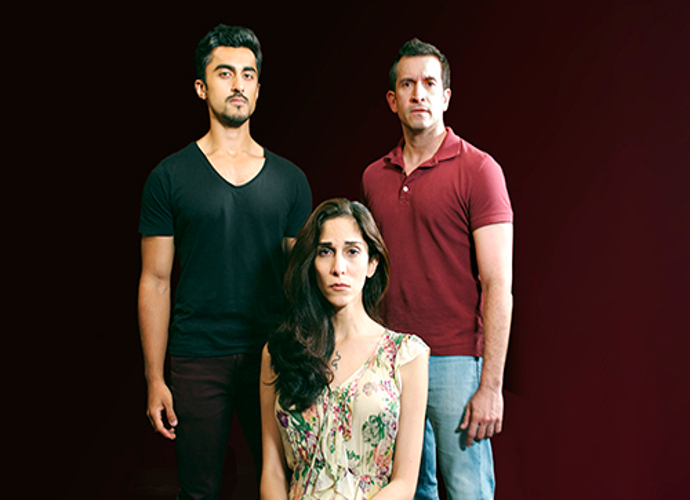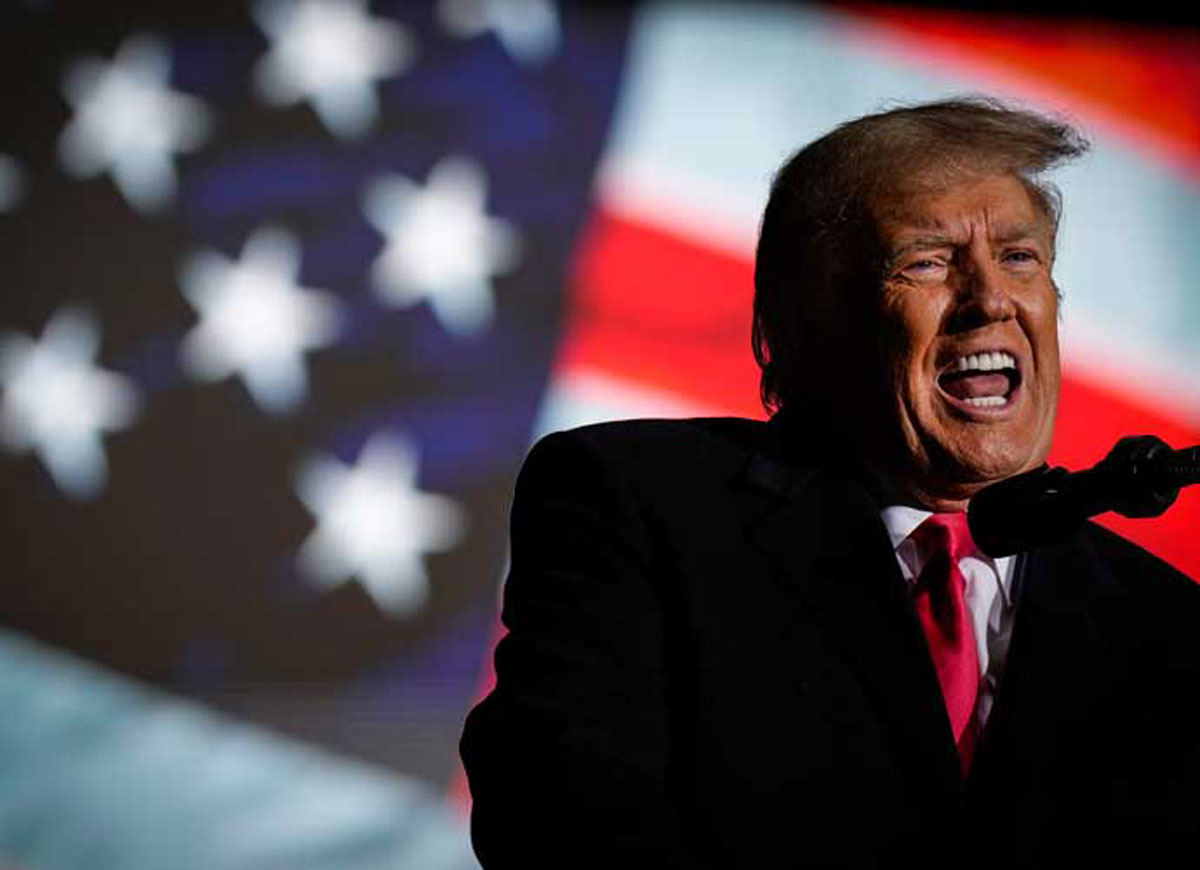‘Death Of The Persian Prince’ Review: Powerful New Play Exposes The Tragic Plight Of Iran’s Gay Population

4/5
In the Islamic Republic of Iran, homosexuality is not just a cultural taboo that causes a gay person to be ostracized, disowned by one’s family and friends and subjected to discrimination and violence from one’s peers, though that would be bad enough; it’s also a capital offense that can and has been punished with executions. And yet, a seemingly outlandish paradox exists within Iran – on the surface, it also appears to be one of the more liberal countries in the world when it comes to enabling the transition of transgender individuals, being second only to Thailand in performing sexual reassignment surgeries and even declaring that health insurance companies must cover the full cost of surgeries. However, when one looks at the underlying reason for this unexpected “liberalism,” one discovers a nightmarish, dystopian truth that explains this apparent contradiction in Iran; namely, that while the Quran specifically forbids homosexuality as an act punishable by death, it does not prohibit sexual reassignment, causing the fundamentalist Ayatollah Khomeini to declare that gender transitions were legal in the 1980’s. Since then, gender reassignment surgery has become the chosen coercive medical treatment to turn homosexuals into heterosexuals. The result is that many gay, non-transgender people in Iran have been forced to choose between changing their gender, fleeing their own country or facing incarceration, extreme punishment or even execution.
This is the cultural/political context that informs Dewey Moss’ powerful new drama, Death of the Persian Prince, which just finished three performances during the 16th Midtown International Theatre Festival at the Davenport Theatre. It’s an intimate, focused play that features just one set, a living room in a Manhattan apartment, one uninterrupted 55 minute act and three talented actors, Pooya Mohseni, George Faya and Gopal Divan. Mohseni plays Samantha, a brilliant, passionate Iranian transplant residing in America on a student visa. She dreams of working for the United Nations and promoting humanitarian ideals in an effort to alleviate the atrocities of the world and the destruction wrought by geopolitical conflicts. Her boyfriend, James (Faya), is an all-American boy from Texas who served as a Marine in Iraq before he started working in the financial industry in New York. As you might imagine, the couple frequently butt heads over politics, especially relating to America’s foreign policy and adversarial relationship with Iran. Beyond that, James is in love with Samantha and wants their relationship to enter a more serious phase, but Samantha says it’s too soon – that answer seems like a cop out to both James and the audience, and one gets the sense that a deep, unspoken secret from Samantha’s past is holding her back. When Samantha receives an unexpected, unwelcome visit from her brother, Cas (Divan), her traumatic past can no longer be swept under the rug.
While the first half of the play can drag a bit with the domestic back-and-forth between Samantha and James, it turns out to be vital exposition for the play’s true conflict and drama that dominates the second half with the emergence of Cas. While all the actors put in memorable, affecting performances, it was Divan as the manic, domineering, delusional Cas who truly stood out and brought a riveting, unbridled energy and presence to the stage. As soon as he enters the picture and until he exits the stage, you are on the edge of your seat, nervously anticipating what this dangerous man might be capable of.
This is an important play that draws attention to an incredibly marginalized and oppressed community, and it is valuable for its enlightenment and education alone. It’s also a stirring call to action – the playbill comes with information on how to donate or support the Iranian Railroad for Queer Refugees. Though the recent, tentative steps towards rapprochement with Iran over the nuclear issue can only be hailed by rational observers as a victory of diplomacy over saber-rattling and the dangerous hawkishness of Republicans like Scott Walker, a 2016 presidential candidate who has declared his readiness to attack Iran as one of his first acts as president, we must not forget the harrowing, tragic fate that the Iranian regime imposes on many members of Iran’s LGBT community. After seeing this play, it seems impossible I’ll ever be able to forget.
RELATED ARTICLES
Get the most-revealing celebrity conversations with the uInterview podcast!








Leave a comment